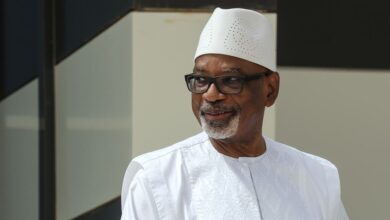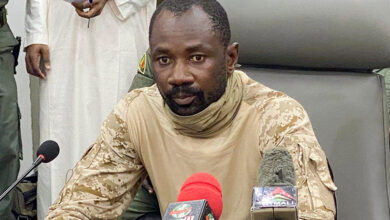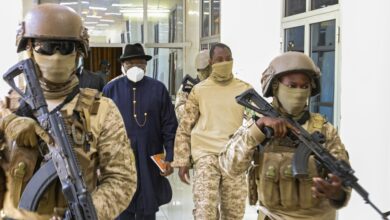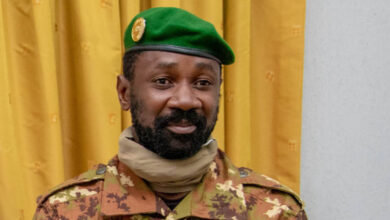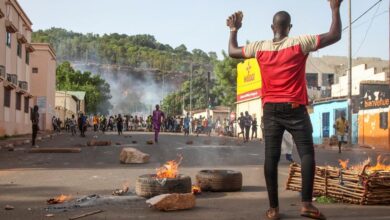Mali
Mali’s Military Junta Suspends Rotation Of UN Forces Due To Security Reasons
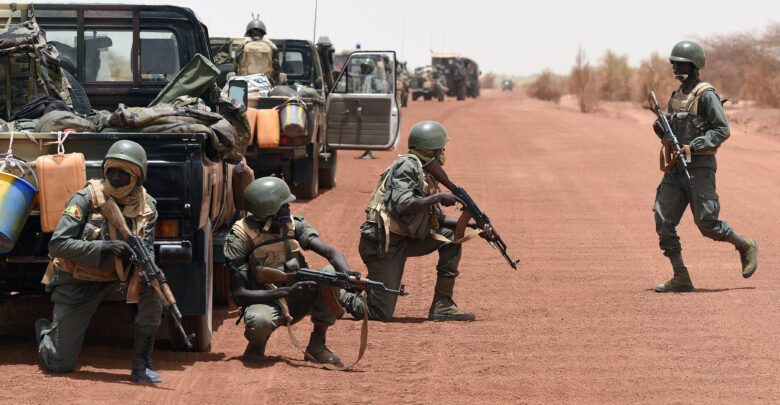
Mali’s military junta on Thursday said it will suspend rotations of the United Nation’s peacekeeping mission for national security reasons, reported Africa News.
In a statement, Mali’s foreign ministry said rotations of the MINUSMA mission have been suspended, including those that have already been scheduled.
The statement said the suspension will continue until a meeting is held to facilitate the coordination and regulation of the rotation of contingents. It did not elaborate on the reasons for the move. The date of the meeting to discuss the MINUSMA rotations has not yet been communicated.
The announcement came just four days after Mali detained 49 Ivorian soldiers it later described as mercenaries with intention of toppling the country’s military-led government.
The Ivory Coast government clarified that the soldiers were part of the so-called National Support Elements (NSE), a UN procedure allowing peacekeeping contingents to use outside contractors for logistical duties.
It said that the soldiers, who were arrested after arriving at Bamako airport on Sunday, comprised the eighth rotation under this scheme.
Mali’s statement assured that the UN mission that Mali would “work diligently to create conditions conducive to the lifting of this suspension of rotation, which is an essential step in enabling the deployed contingents to ensure the proper implementation of MINUSMA’s mandate”.
The UN responded to Mali’s announcement by calling for an urgent settlement to the dispute.
Addressing reporters in New York, the deputy UN spokesman Farhan Haq said rotation of contingents is crucially important for the mission’s operational effectiveness and the safety and security of personnel.
He said all the efforts must be made for an urgent settlement, especially since some of the staff concerned should have been relieved several months ago.
Mali, a poor and landlocked country in the heart of the Sahel, witnessed two recent military coups, one in August 2020 and the other in May 2021, creating a political crisis that coincides with an ongoing security crisis.


